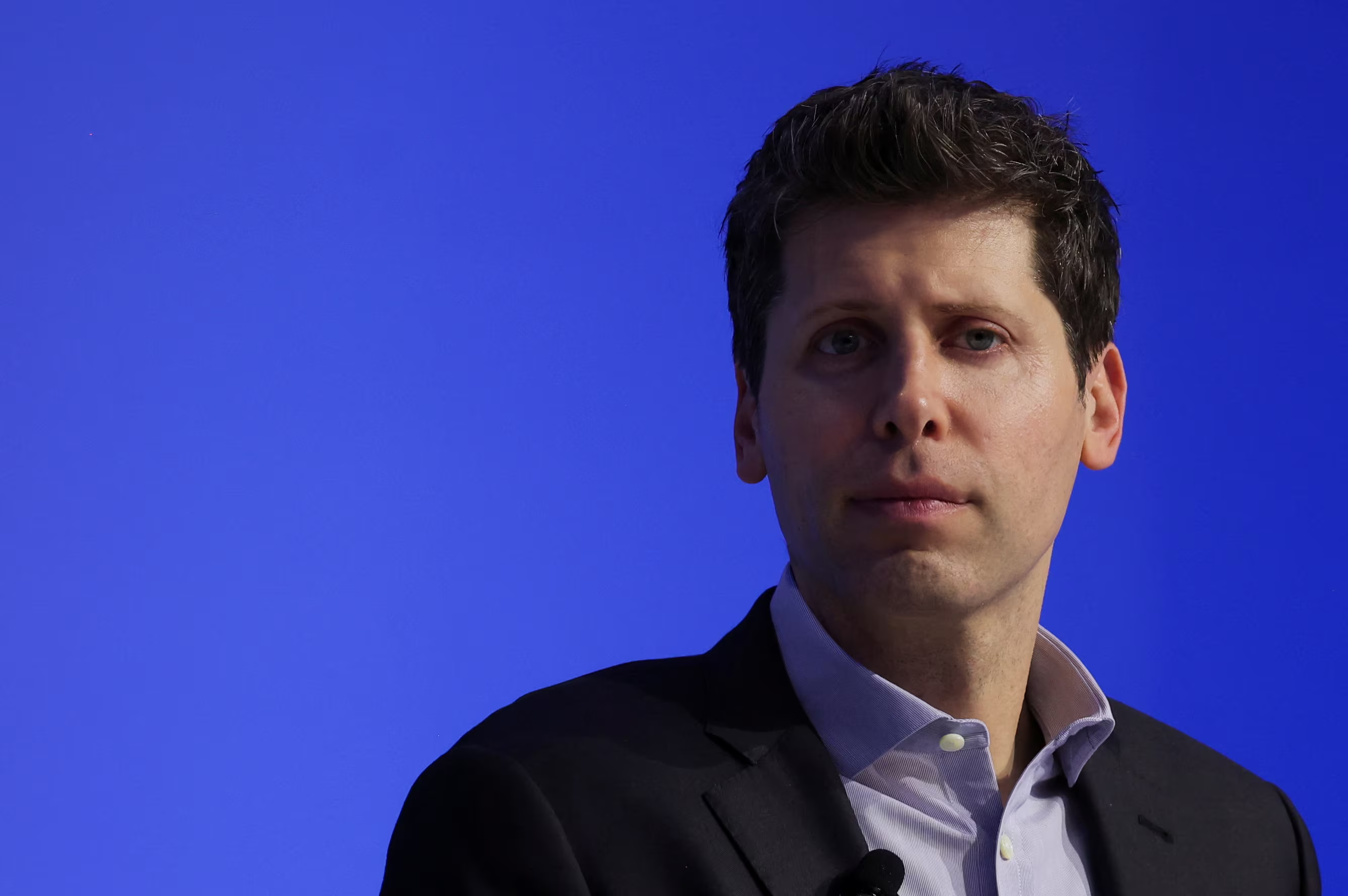
Need a new open-source strategy
Sam Altman Calls for Reformed Open-Source Strategy as DeepSeek Gains Momentum in the AI Space
As artificial intelligence continues to reshape industries across the globe, OpenAI has been at the forefront of developing groundbreaking models like ChatGPT, GPT-3, and DALL-E. However, despite its prominent position, OpenAI has recently found itself questioning its approach to open-sourcing its models. This change of heart comes amidst the growing influence of competitors like DeepSeek, who are gaining attention by prioritizing open-source AI technologies.
OpenAI CEO Sam Altman Reflects on Company’s Open-Source Model
In a candid Reddit AMA (Ask Me Anything) session, OpenAI CEO Sam Altman acknowledged the company’s shortcomings when it comes to open-source releases. While OpenAI has made some of its tools, such as Whisper and Jukebox, available through open-source licenses, Altman admitted that the company’s decision to keep its flagship models proprietary may have hindered its role in the broader AI community.
Altman emphasized that OpenAI had been “on the wrong side of history” by not fully embracing open-source strategies earlier. This acknowledgment signals a potential shift in OpenAI’s future approach, as Altman expressed that the company needs to figure out “a different open-source strategy” to stay competitive in a rapidly evolving industry.
DeepSeek’s Rise Compels OpenAI to Reassess Its AI Strategy
The growing popularity of DeepSeek, an AI company dedicated to open-source models, has added pressure on OpenAI to reconsider its proprietary approach. DeepSeek has garnered attention from developers and researchers who favor the transparency and flexibility that open-source AI offers. By offering models that are free to use and customize, DeepSeek has positioned itself as a leader in the open-source AI space, challenging OpenAI’s business model.
As DeepSeek continues to make headway in the market, OpenAI is facing the reality that it may need to change its stance on open-sourcing its most advanced models. Altman’s recent comments suggest that OpenAI is now grappling with how best to adapt its strategy to align with the growing demand for open-access AI tools.
The OpenAI Dilemma: Open-Source Versus Proprietary AI Models
For OpenAI, the debate between releasing models under open-source licenses and maintaining control over proprietary systems is a difficult one. On the one hand, open-source models can foster innovation and collaboration, benefiting the global AI community. On the other hand, proprietary models allow OpenAI to retain a competitive edge and ensure that its technologies are used responsibly.
Altman’s reflections on the topic indicate that OpenAI is in the process of reevaluating how it can find a middle ground between these two approaches. While the company has not disclosed specifics on its plans, it is clear that the future of OpenAI may involve a more open stance toward its AI models.
Will OpenAI Shift Toward More Open-Source Releases in the Future?
The AI community is eagerly awaiting any signs of a shift in OpenAI’s strategy. If the company embraces a more open-source approach, it could potentially open the doors to a wealth of new innovations. By collaborating with the developer community, OpenAI could accelerate the pace of scientific discoveries and unlock new applications for its AI technologies.
Ultimately, the future of OpenAI’s open-source strategy will depend on how the company balances its commitment to responsible AI development with the need for greater transparency and accessibility.